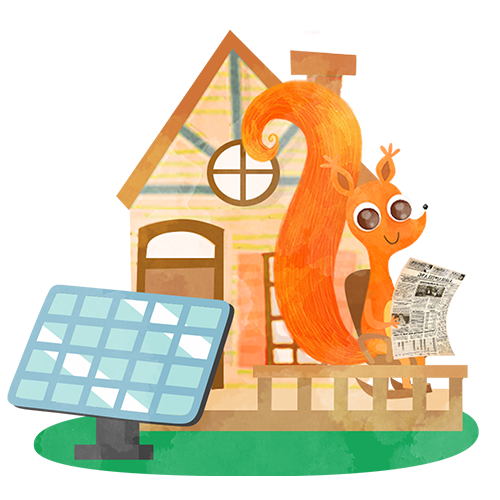
Inheriting a house sounds like it should be a good thing, right? A financial windfall, a place full of memories, maybe even your future vacation home. But the reality? It’s often a mixed bag of emotions, paperwork, family group chats, and a whole lot of “what now?”
If you’ve inherited a house—or suspect one is heading your way—here’s what to do, what to avoid, and how to keep your sanity in the process.

We get it. You’ve just inherited a house and the first instinct might be to do something, anything. Sell it. Move in. Light a sage stick and start redecorating. But here’s your permission slip to pause.
There’s no trophy for rushing big decisions while juggling emotions and funeral casseroles. Unless the home is in foreclosure or there’s some urgent financial emergency, take a minute. Sit with it. Breathe. You’ll make better decisions once the dust settles a bit.

Before you start planning your HGTV-worthy renovation or listing it for sale, make sure you legally own it—or will soon.
Is the home in a will or part of a trust? Is it going through probate? Are there siblings or cousins who might also own a chunk of it? Does it come with a surprise mortgage you didn’t know about?
This is the unsexy stuff that really matters. Check if there are outstanding debts, tax liens, or legal hoops to jump through. If things feel murky, this is a great time to loop in an estate attorney. Five minutes of clarity now can save you five months of headaches later.

Look, no one wants to talk about taxes right after inheriting a house—but the taxman doesn’t really care about timing. So let’s rip off the Band-Aid.
In many places, you’ll inherit the property at its current market value. That means if you sell the house quickly, you probably won’t owe much (or anything) in capital gains tax. Wait a while and the value climbs? Then you may be on the hook for taxes on the difference.
Also worth checking: property taxes might increase after the transfer, and in some places, there’s still such a thing as an inheritance tax. Fun, right?
A quick chat with a tax professional can save you a nasty surprise come tax season.

Now comes the big question: what should you actually do with the house?
Option one: move in.
If the location, size, and emotional attachment all line up, moving in can make sense. But make sure you’re not committing to a lifetime of outdated plumbing and mystery basement smells just because it was Grandma’s favorite spot.
Option two: rent it out.
Renting can be a great source of passive income—if you’re ready to be a landlord. That includes tenants, repairs, insurance, and the occasional 3 a.m. toilet emergency. It’s not for everyone, but it’s worth considering.
Option three: sell it.
Selling the home can free up cash and simplify your life. Just be sure everyone with a claim is on the same page. Nothing turns a family group chat into a battleground faster than differing opinions on real estate.

Ah, yes—the furniture, photos, dishes, tax returns from 1973, and five versions of the same Christmas ornament. Cleaning out an inherited home can be emotional and overwhelming. It’s okay to feel weird about it.
Take your time. Bring in a friend, a sibling, or someone who didn’t grow up in the house to help you sort things. Decide what’s worth keeping, what to donate, and what can go. And yes, it’s totally fine to hire a cleanout crew if you need one.
Just don’t do what everyone threatens to do and “deal with it later.” That’s how haunted garages happen.

Here’s the truth—this process isn’t always straightforward. There are legal forms, tax implications, emotional curveballs, and financial decisions that could affect you for years. No pressure, right?
This is your sign to call in the pros when you need them. An estate lawyer can help you navigate ownership and probate. A tax advisor can make sure you’re not overpaying. A financial planner can help you make the most of any sale proceeds or rental income. And a real estate agent can tell you if the house is secretly worth a small fortune.
Asking for help doesn’t mean you’re not capable—it means you’re smart enough not to try to be an expert in everything.
Inheriting a house is a big deal. It’s part responsibility, part opportunity, and part emotional rollercoaster. You don’t have to know everything right away. You don’t need to make the “perfect” decision. You just need to move forward in a way that works for you.
Take your time, ask for help when you need it, and remember—this house is part of your story now. You get to write the next chapter.